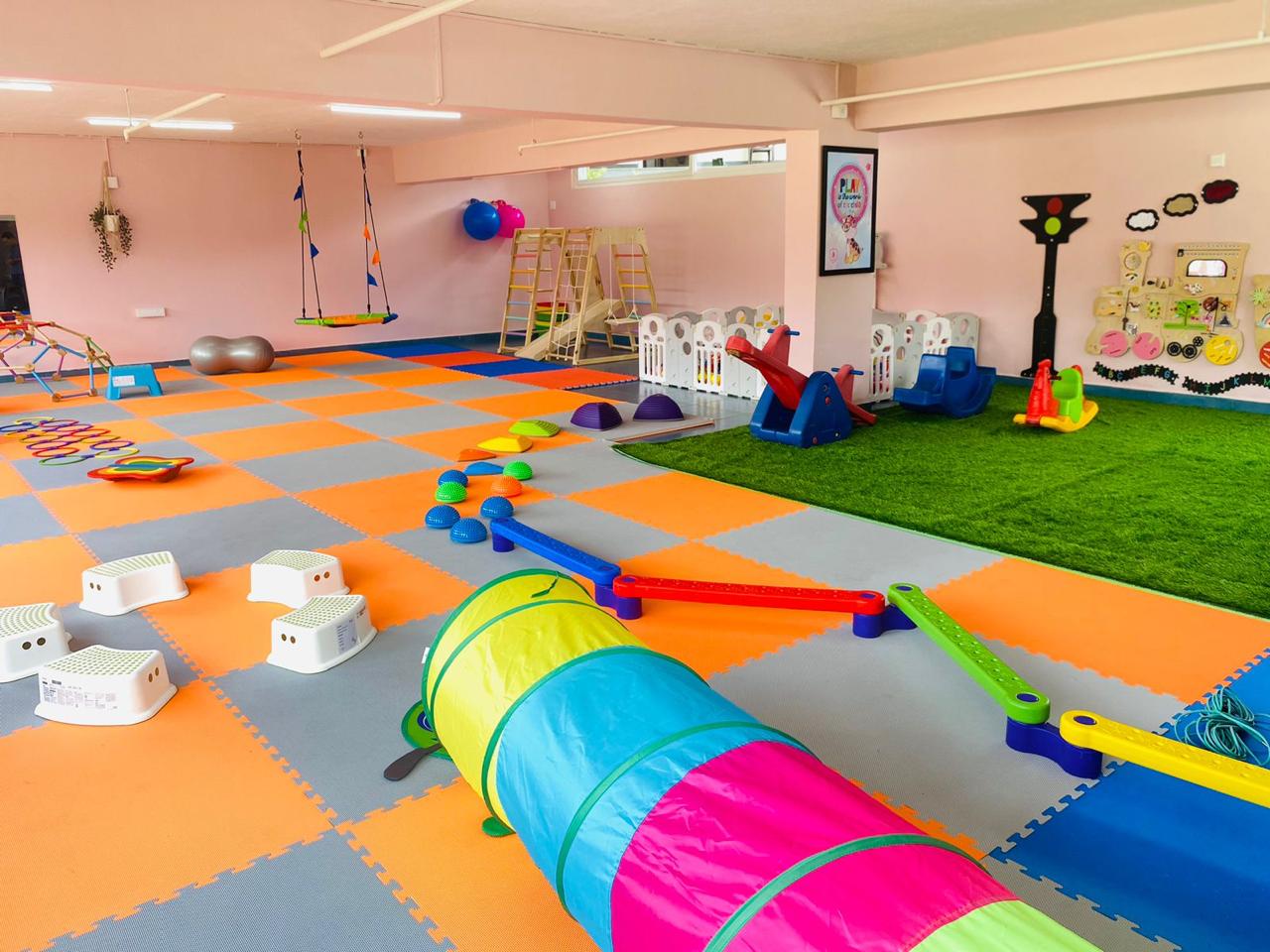
Special Education Teacher
Evaluating the Impact of Sensory Parks: Methods and Metrics
Evaluating the impact of sensory parks is crucial to ensure they effectively support child development and achieve their intended goals. At Amri Haber, we utilize a variety of methods and metrics to assess the effectiveness of sensory parks. These evaluations help us refine our designs and improve outcomes for children.

Observational Assessments
- Behavioral Observations: Regular observation of children interacting with the sensory park can provide insights into their engagement levels, preferences, and behavioral responses. This includes noting improvements in motor skills, social interactions, and emotional regulation.
- Engagement Metrics: Tracking the frequency and duration of interactions with different sensory elements helps assess which features are most effective in capturing children's attention and interest.
Developmental Assessments
- Pre- and Post-Implementation Assessments: Conducting developmental assessments before and after the sensory park installation allows for a comparison of children's progress. This can include evaluations of sensory processing abilities, motor skills, and cognitive development.
- Standardized Testing: Using standardized tests and developmental scales to measure specific skills and developmental milestones provides objective data on the impact of the sensory park.
Feedback from Educators and Staff
- Surveys and Interviews: Gathering feedback from educators and staff through surveys and interviews helps assess how the sensory park is being utilized and its perceived impact on student development. This feedback can identify strengths and areas for improvement.
- Training Effectiveness: Evaluating the effectiveness of training programs for educators ensures that staff are well-prepared to use the sensory park effectively and can provide valuable insights into its impact.
Parent and Guardian Input
- Parent Surveys and Interviews: Collecting feedback from parents and guardians provides additional perspectives on how the sensory park is affecting their child's development and well-being. This input can highlight changes in behavior, emotional responses, and overall satisfaction.
- Home Observations: Parents can offer observations on how their child's sensory experiences at the park translate into behavior and learning at home.
Impact on Academic and Social Outcomes
- Academic Performance: Tracking changes in academic performance, such as improvements in focus, participation, and overall achievement, can provide insights into the indirect benefits of the sensory park.
- Social Skills Development: Assessing changes in social interactions, cooperation, and peer relationships helps evaluate the impact of the sensory park on social skills development.
Long-Term Follow-Up
- Ongoing Monitoring: Implementing long-term follow-up assessments to track the continued impact of the sensory park over time ensures that it remains effective and relevant. This includes periodic evaluations and updates based on evolving needs and feedback.






